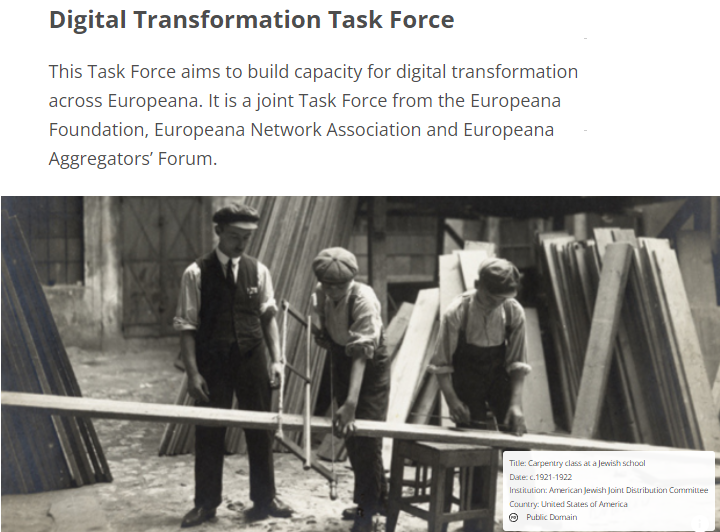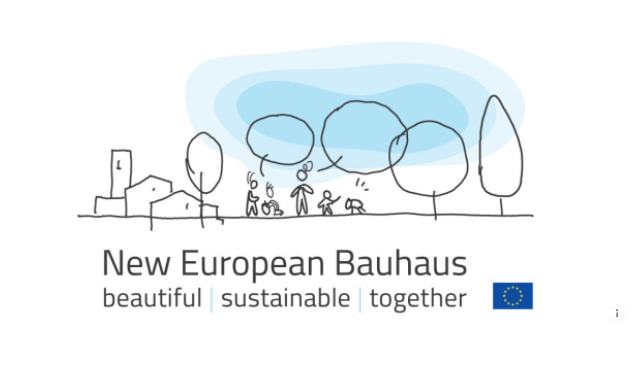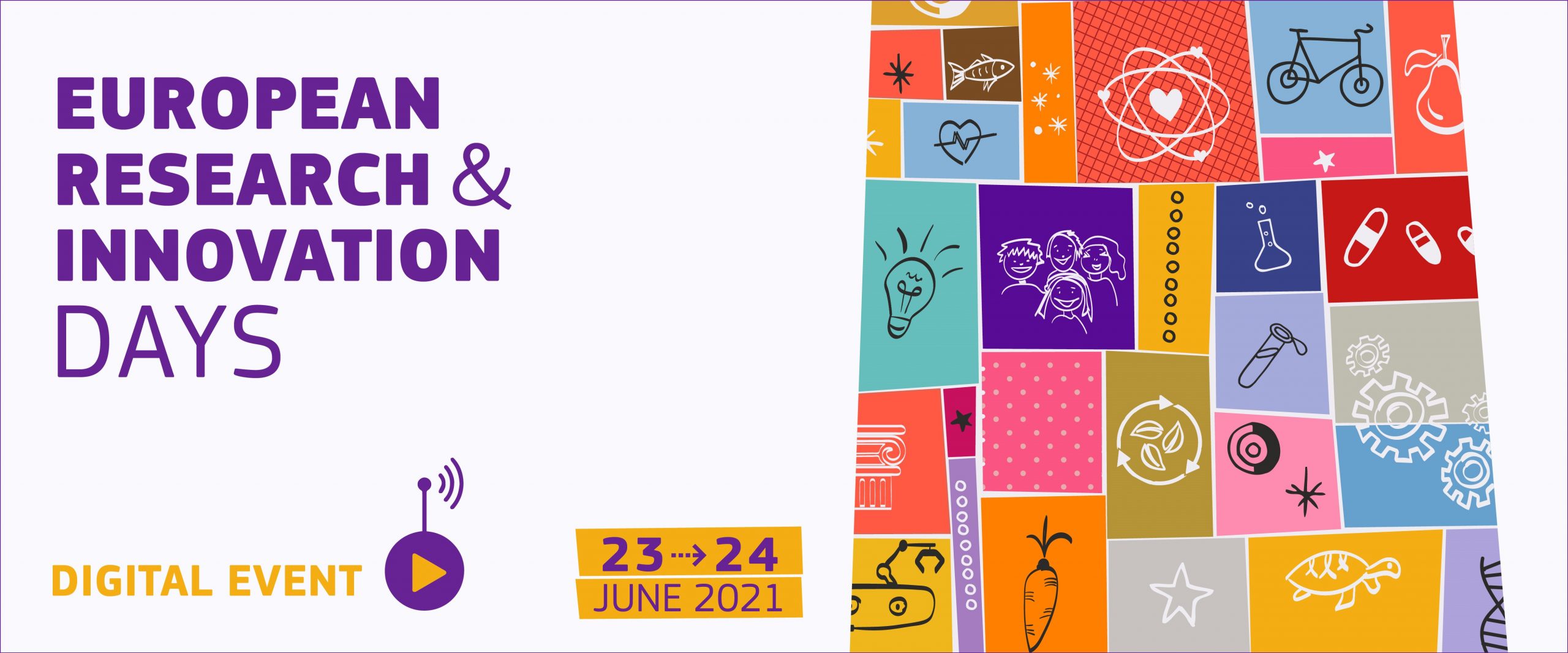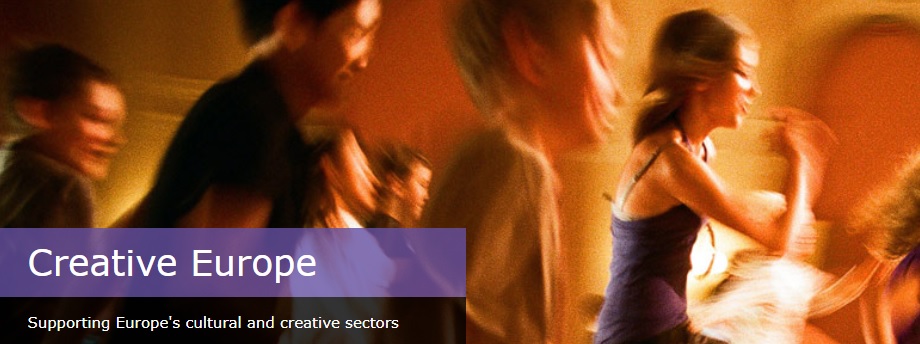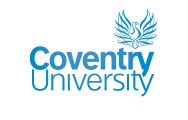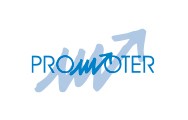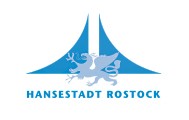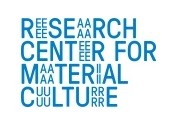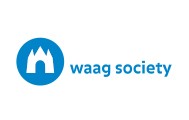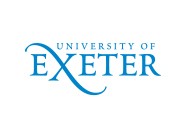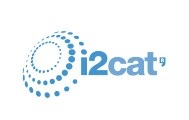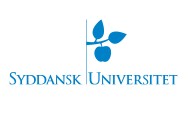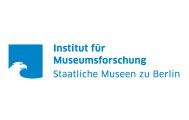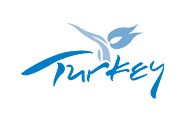
- Amalia Sabiescu Antonella Fresa Brussels co-creation Coventry University cultural heritage Digital Cultural Heritage digital technologies EC Horizon 2020 i2CAT Intangible Cultural Heritage IPR museums Neil Forbes performance-based CH policy briefs recalibrating relationships RICHES social and economic development social cohesion SSH taxonomy of terms and definitions user engagement Waag Society
Topic: riches
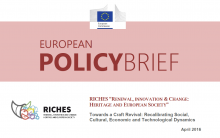
European Policy Briefs: about Craft and about Economics (April 2016).
The RICHES Policy Brief series is enlarged with two new releases: European Policy Brief. The Economic and Fiscal Dimension of Cultural Heritage. (April 2016). This policy brief focuses on the effects of two forms of government support: VAT regulation for … Continue reading →
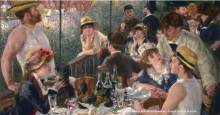
European Policy Brief. Food Heritage and Culture: Changing Spaces of Production and Consumption. (March 2016).
The aim of this RICHES policy brief is to highlight the growth of community-led food initiatives and the changing spaces of food production and consumption. It shows how food culture can be a force for change and how citizens can … Continue reading →
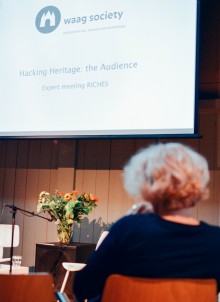
the expert meeting organized by Waag on co-creation was awarded with a wide audience and very interesting insights which feed RICHES research and tools.
On Monday October 5th 2015, almost 60 heritage professionals gathered in the Waag’s Anatomical Theatre in Amsterdam and discussed how co-creation can be applied in the heritage sector to create new stories or new connections with audiences. The session was … Continue reading →
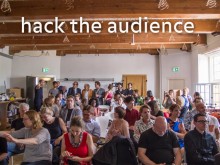
Waag, Theatrum Anatomicum, The Netherlands
At “Hacking Heritage: the audience”, on 5 October 2015, museum professionals present and discuss the potential benefits of working co-creatively with their audience and share lessons learned and tips. Waag Society experts will explore the opportunities co-creation provides and the challenges that come along with it. Venue: Theatrum Anatomicum of the Waag. Entrance is free. Continue reading →
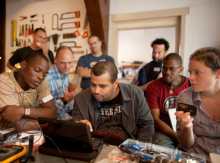
Benefits of co-creative methods and suggestions to stimulate co-creation in CH on a strategic level
A crucial topic that is addressed and researched within the RICHES consortium is co-creation, being the practice where different stakeholders with different expertise come together collaboratively to create future-oriented perspectives, enrich cultural heritage (CH) experiences and build relations with networks that are closely invested in an institution’s collection. This paper is based on preliminary research findings, where RICHES consortium gives a short overview of the potential benefits of co-creative methods and current practices in the CH sector and offers a number of suggestions to stimulate co-creation in CH on a strategic level. Continue reading →
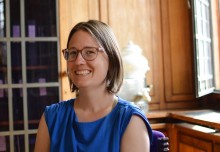
How do you find out what’s really important in a museum collection? Merel van der Vaart uses co-creation and shares her vision
The RICHES team began an interview series, conducted by Waag Society, in which they ask several museums and team members from the project about their perspectives on co-creation within the heritage sector. Merel van der Vaart, PhD candidate at the Amsterdam School for Heritage and Memory studies shares her vision. Continue reading →

A report on scientific and research impacts to the European Commission and IMPACT-EV
Unit B6 “Reflective Societies” of DG Research & Innovation of the European Commission (EC) is currently working with the project IMPACT-EV on a report aimed at evaluating the social, political and scientific impacts of SSH research from a SSH perspective, in order to illustrate the relevance and importance of SSH research in our societies. RICHES recently gave its contribution to the survey by delivering to the EC and the IMPACT-EV consortium a review of its scientific and research activities. Continue reading →
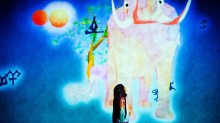
Creatives from various fields unite to become ultra-technologists, for expanding art (and human relationships) through digital technology
teamLab, founded in 2001, is a collaborative creative group that brings together professionals from various fields of practice in the digital society: artists, programmers, engineers, CG animators, mathematicians, architects, web and print graphic designers and editors. Referring to themselves as “ultra-technologists” their aim is to achieve a balance between art, science, technology and creativity. teamLab ultratechnologists believe that digital technology can expand art and that digital art can create new relationships between people; they work for an interactive relationship between people and art and for children experiencing shared and co-creative spaces. Continue reading →
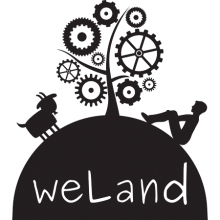
Digital enactment of crowdsourcing, citizen science and relationship recalibration
weLand Association is a cultural NGO founded in Asti, South Piedmont (Italy), in August 2012. Its aim is to develop a regional network of individuals and groups interested in aggregating, sharing and reusing open data for GLAMs, education institutions and tourism stakeholders. The idea of the association arises from the firm belief that innovation (and so the elements which innovation is generated by, culture and creativity) should take into account a bottom-up engagement of the community, in order to fully realise its potential and to become a real driver of social and economic development. Continue reading →
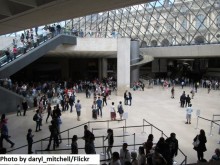
by Benjamin Sutton
On February 5, more than 100 archaeologists of the preventative archaeological public service occupied the Louvre museum and conducted a free admission operation for nearly five hours. The archaeologists chose this site because it is emblematic in the history of French preventative archaeology (the excavation of the Cour Napoléon, the Cour Carrée, and the Jardins du Carrousel from 1983 to 1990 that forged the development of this profession) to denounce the catastrophic situation into which their discipline has been plunged. Continue reading →




